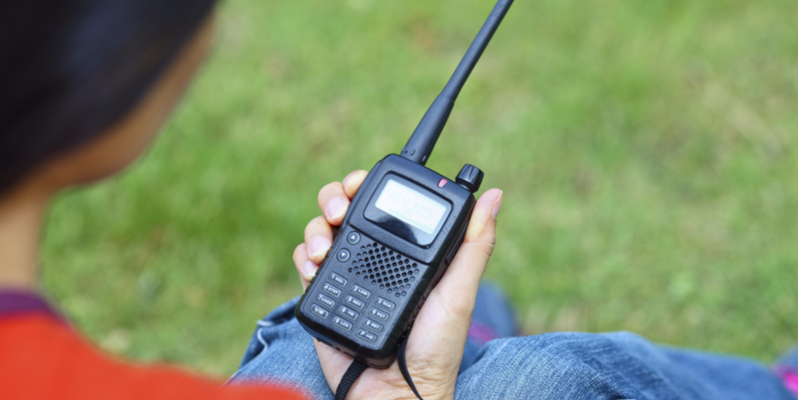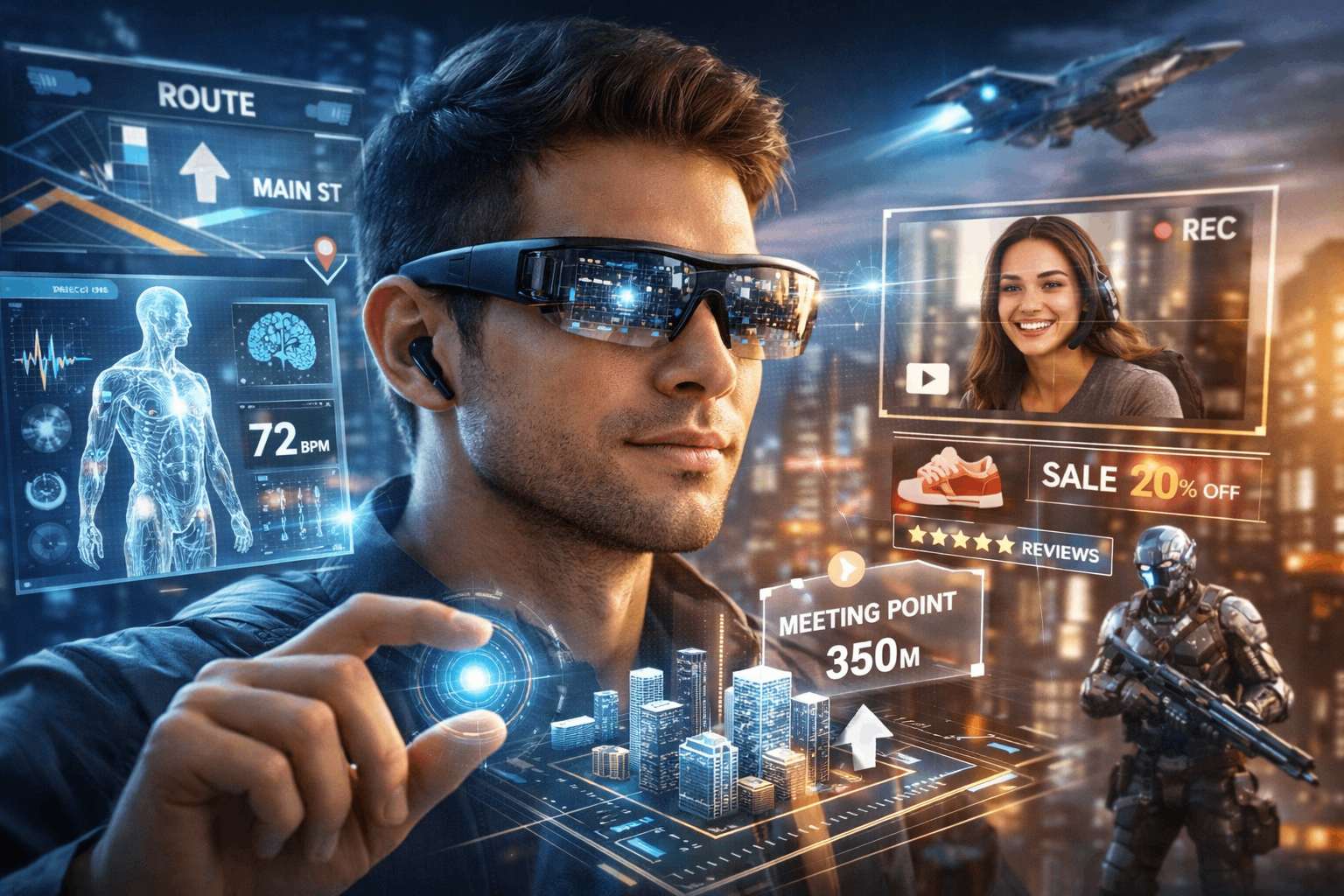Revolutionizing Communication: The Rise of Radio in the Modern Era

In today's fast-paced world, it's hard to imagine a time when instant communication across vast distances was not possible. However, there was a time when radio communication was not common. In this blog post, we will explore the fascinating journey of radio communication and how it became a ubiquitous part of our lives.
- The Early Days of Radio:
Radio communication traces its roots back to the late 19th century when inventors like Guglielmo Marconi and Nikola Tesla made groundbreaking discoveries in wireless telegraphy. These early experiments laid the foundation for what would become radio communication. - The Birth of Commercial Radio:
The turning point for radio communication came in the early 20th century when commercial broadcasting began. In 1920, the first licensed radio station, KDKA, went on the air in Pittsburgh, Pennsylvania, marking the beginning of a new era. Radio quickly gained popularity as a source of news, entertainment, and music. - Advancements in Technology:
As radio communication became more common, advancements in technology played a crucial role in its widespread adoption. The development of vacuum tubes, which replaced the earlier spark-gap transmitters, allowed for more efficient and reliable transmission. This led to the establishment of national and international radio networks, enabling communication on a global scale. - Radio's Role in World Wars:
During World Wars I and II, radio communication played a vital role in military operations. It facilitated real-time communication between troops, enabling coordination and strategic planning. The significance of radio as a communication tool became evident, further driving its popularity and development. - Radio's Impact on Society:
The widespread availability of radio communication revolutionized various aspects of society. It brought people together, providing a shared experience through news broadcasts, live sports events, and popular radio shows. It also played a crucial role in disseminating information during emergencies and natural disasters. - The Rise of Television and the Internet:
While radio communication was once the dominant medium, the advent of television in the mid-20th century posed a challenge. However, radio adapted and found its niche, focusing on music, talk shows, and specialized programming. With the rise of the internet, radio has also embraced digital platforms, streaming services, and podcasts, ensuring its continued relevance in the digital age.
Conclusion:
Radio communication has come a long way since its humble beginnings. From its early experiments to becoming a common household device, radio has shaped the way we communicate and connect with the world. Its ability to transcend borders and bring people together has made it an enduring medium. As we look to the future, radio will continue to evolve, adapting to new technologies and changing consumer preferences, while remaining a powerful tool for communication and entertainment.
